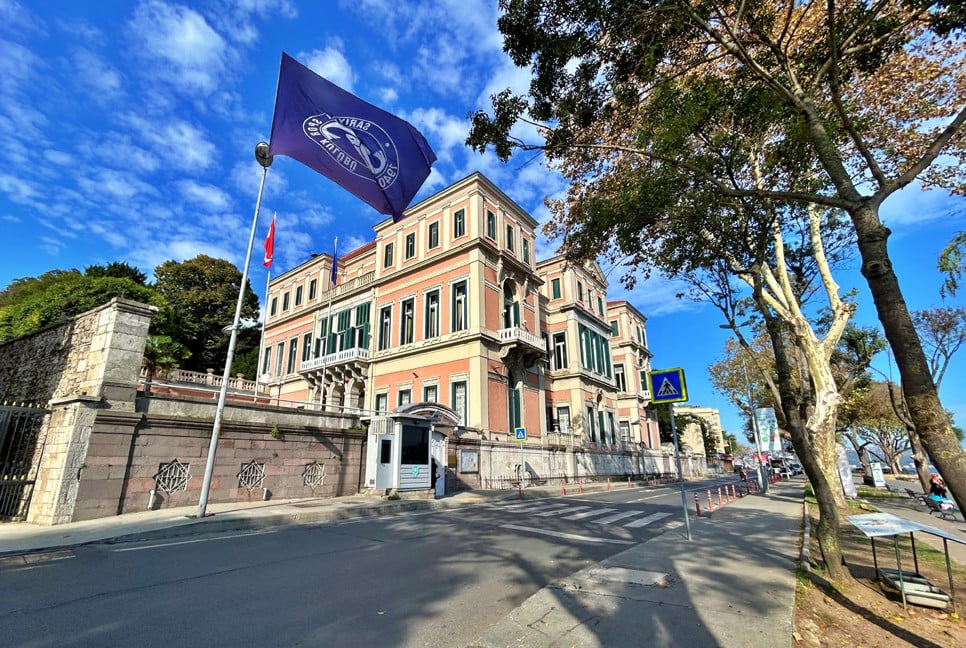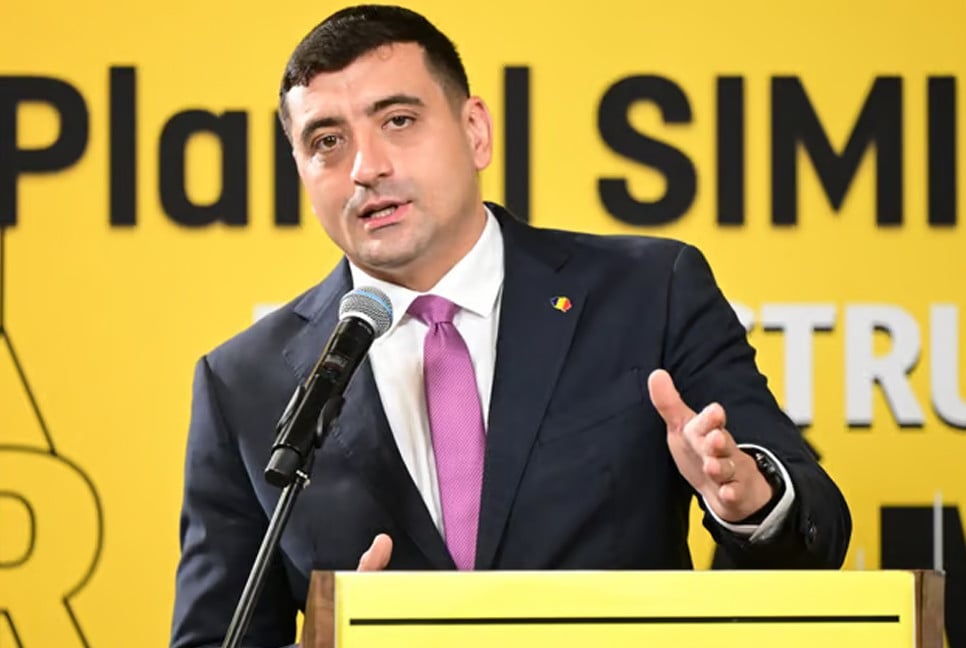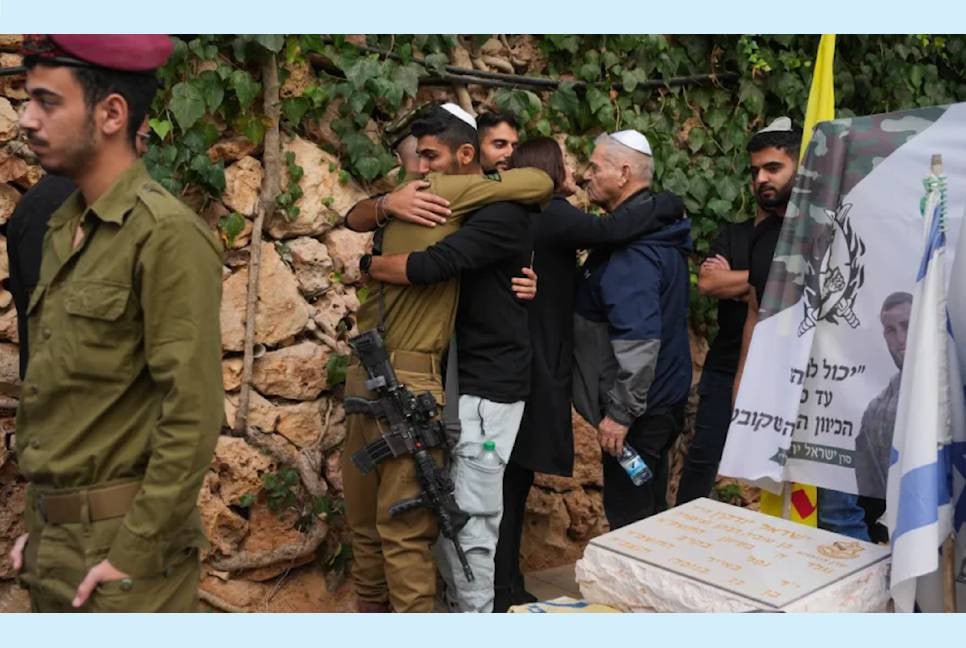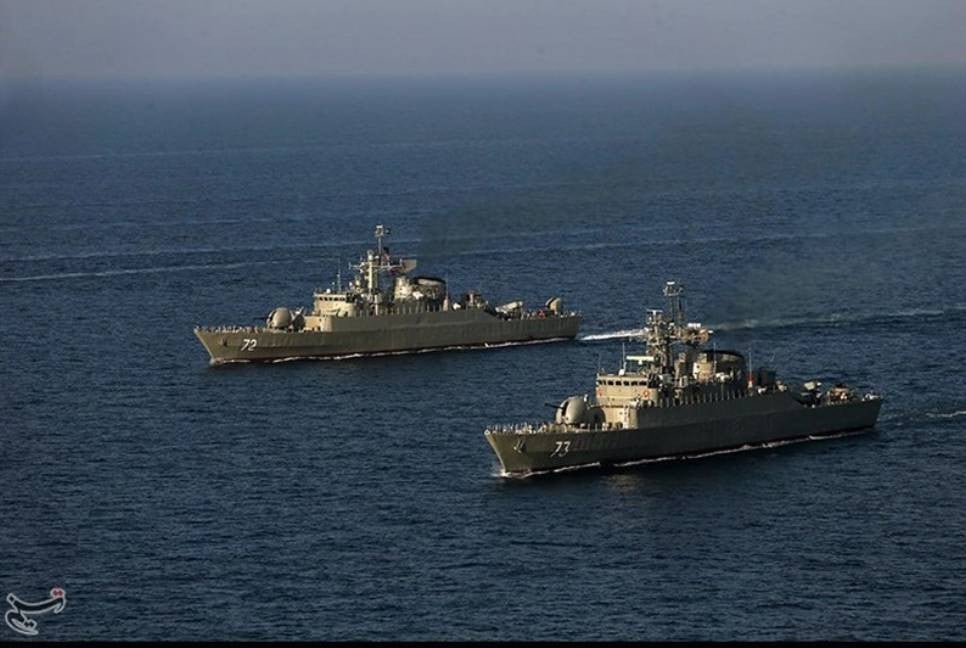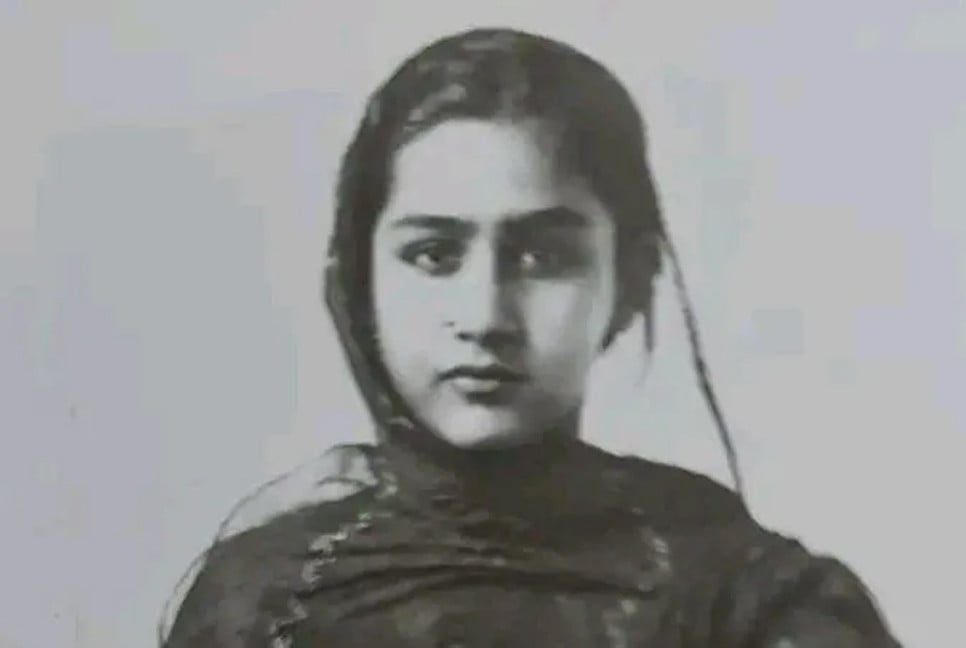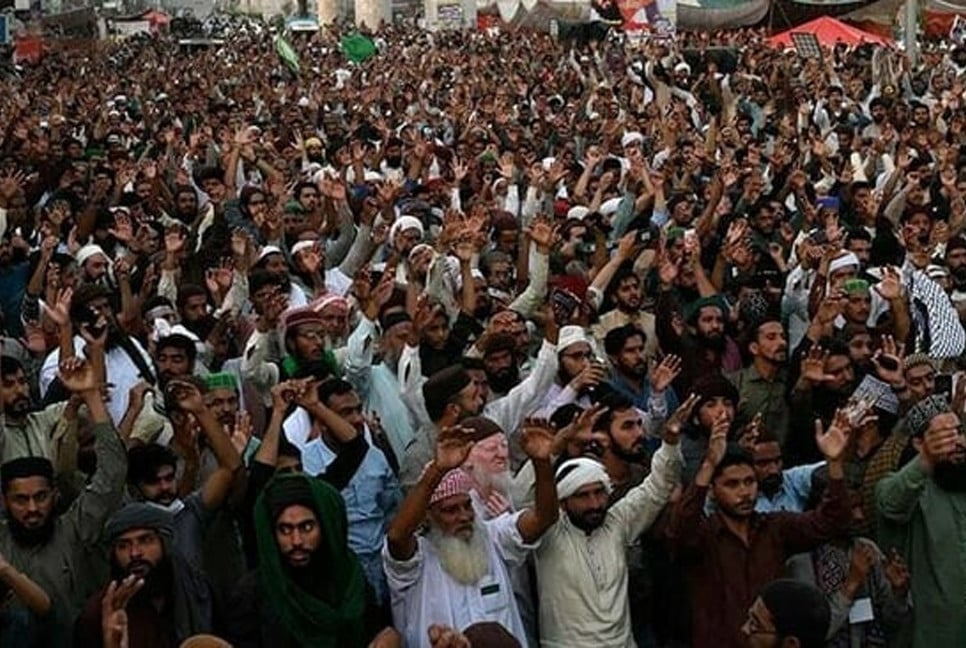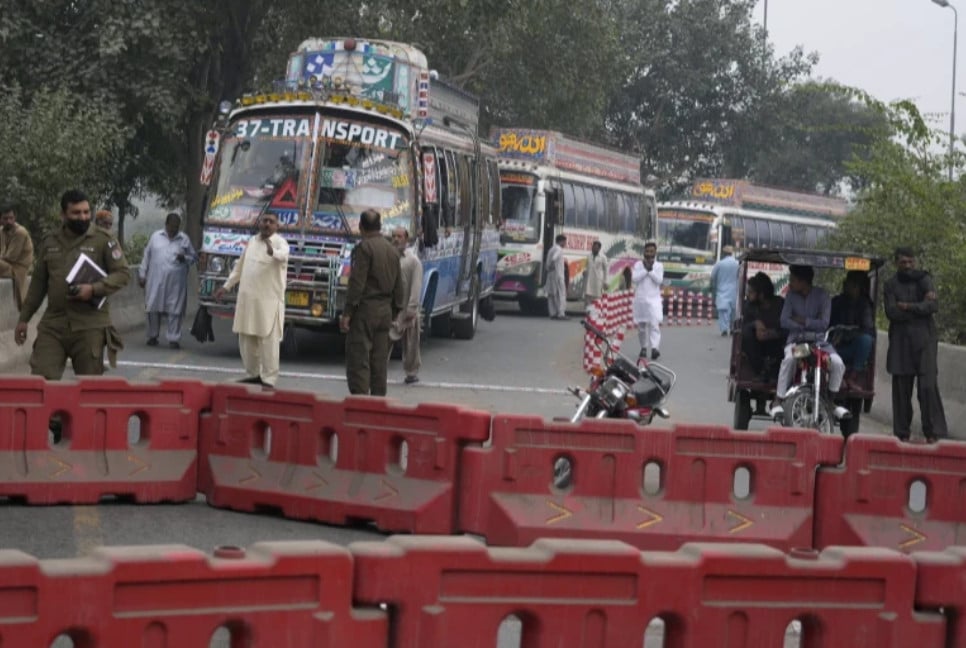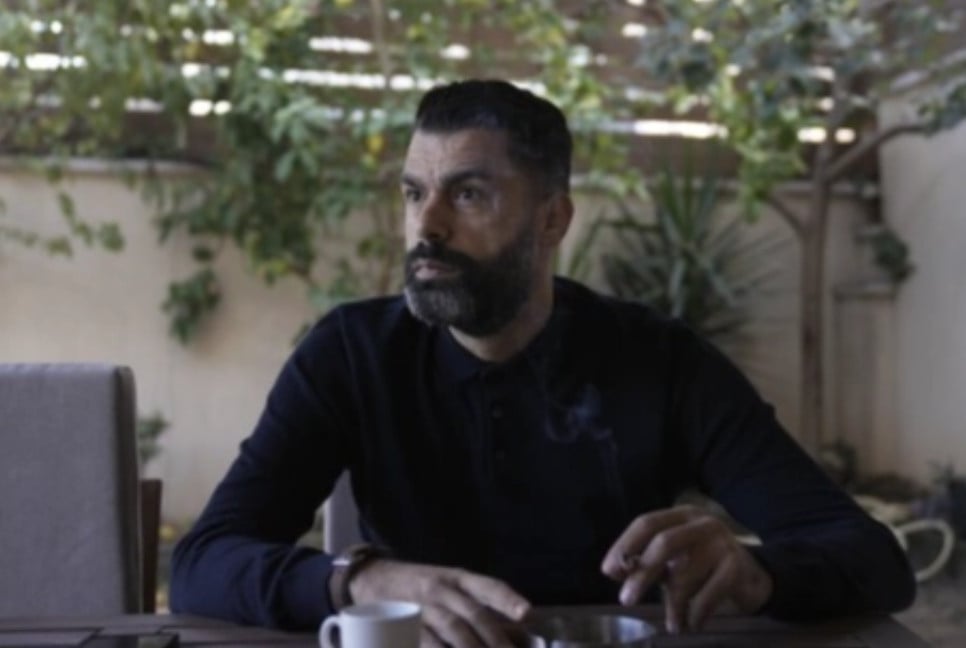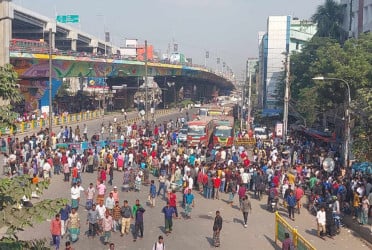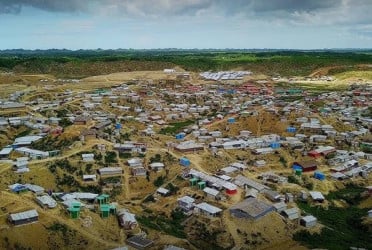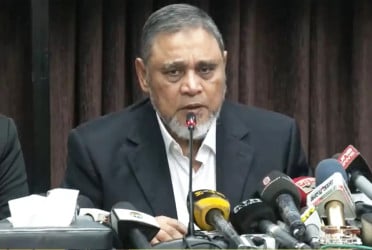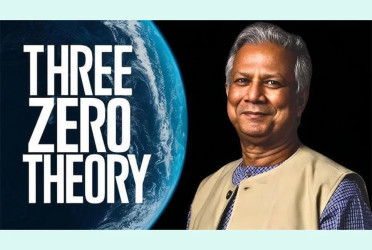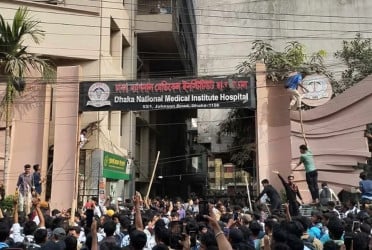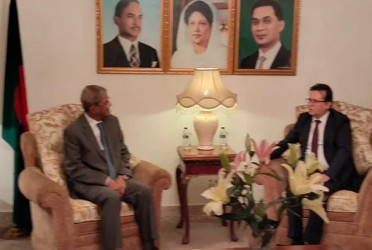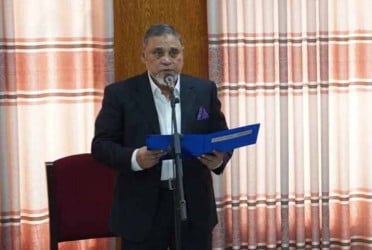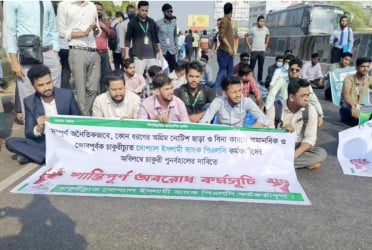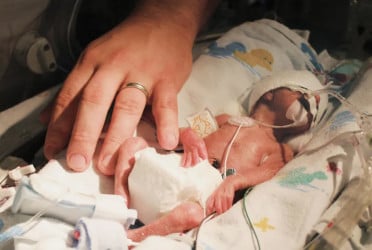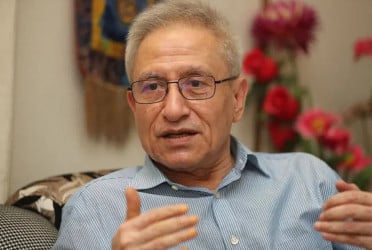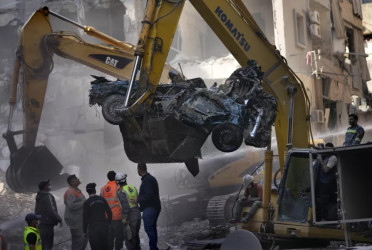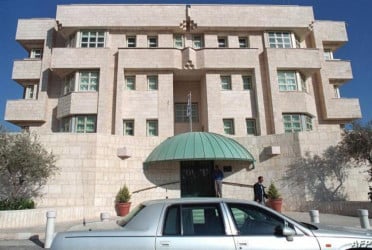Israeli forces advanced deeper into the Gaza Strip's largest city in pursuit of militants who had regrouped there, sending thousands of Palestinians fleeing on Monday from an area ravaged in the early weeks of the nine-month-long war.
Hamas warned that the latest raids and displacement in Gaza City could lead to the collapse of long-running negotiations over a cease-fire and hostage release, after the two sides had appeared to have narrowed the gaps in recent days.
Israeli troops were again battling militants in areas that the army said had been largely cleared months ago in northern Gaza. The military ordered evacuations ahead of the raids, but Palestinians said nowhere feels safe. Most of the population of 2.3 million has been displaced, often multiple times. Hundreds of thousands are packed into sweltering tent camps.
Israel ordered the evacuation of northern Gaza in the first weeks of the war and has prevented most people from returning. But hundreds of thousands of Palestinians remain, living in shelters or the shells of homes.
“We fled in the darkness amid heavy strikes,” said Sayeda Abdel-Baki, a mother of three who had sheltered with relatives in the Daraj neighborhood. “This is my fifth displacement.”
Residents reported artillery and tank fire, as well as airstrikes. Gaza's Health Ministry, with limited access to the north, did not immediately report casualties.
Israel issued additional evacuation orders for areas in other neighborhoods of central Gaza City. The military said it had intelligence showing that militants from Hamas and the smaller Islamic Jihad group were in the area, and called on residents to head south to the city of Deir al-Balah.
Israel accuses Hamas and other militants of hiding among civilians. In Shijaiyah, a Gaza City neighborhood that has seen weeks of fighting, the military said troops raided and destroyed schools and a clinic that had been converted into militant compounds.
The war has decimated large swaths of urban landscape and sparked a humanitarian catastrophe.
Obstacles to a deal
Israel and Hamas seem to be the closest they have been in months to agreeing to a cease-fire deal that would pause the fighting in exchange for the release of dozens of hostages captured by Hamas in the Oct. 7 attack that triggered the war.
CIA Director William Burns returned to the region Monday for talks in Cairo, according to Egypt's state-run Qahera TV, which is close to the security services. An Israeli delegation was also heading to the Egyptian capital, Israeli media reported.
But obstacles remain, even after Hamas agreed to relent on its key demand that Israel commit to ending the war as part of any agreement. A key part of that shift, officials told The Associated Press, is the level of destruction caused by Israel’s rolling offensive.
Hamas still wants mediators to guarantee that negotiations conclude with a permanent cease-fire, according to two officials with knowledge of the talks. The current draft says the mediators — the United States, Qatar and Egypt — “will do their best” to ensure that negotiations lead to an agreement to wind down the war.
Israel has rejected any deal that would force it to end the war with Hamas intact — a condition Netanyahu reiterated Sunday.
Hamas on Monday said it is “offering flexibility and positivity" to facilitate a deal, while accusing Israeli Prime Minister Benjamin Netanyahu of “putting more obstacles in the way of negotiations."
Meanwhile, Hamas' top political leader, Ismail Haniyeh, warned mediators of “catastrophic consequences” if Israel continued its operations in Gaza City, saying Netanyahu and the army would bear “full responsibility” for the collapse of the talks, the group said in a subsequent statement.
Bd pratidin English/Lutful Hoque


